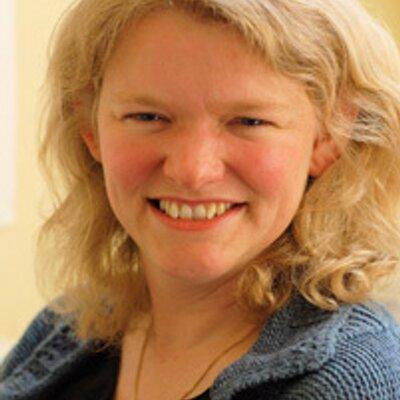
March 8, 2021
To mark the 2021 International Women’s Day themed #Choose to Challenge, Afronomicslaw.org celebrates Professor Abbe Brown’s brilliant contributions to Intellectual Property Law. Professor Brown is the Dean for Student Support at the University of Aberdeen, Vice Chair of BILETA (British and Irish Law Education and Technology Association) and Member of a high-level expert working group on genome editing and patents.
“#Choose to Challenge: A challenged world is an alert world and from challenge comes change. So let's all choose to challenge.”
Afronomicslaw.org (A): Please tell us about your research.
Professor Abbe Brown (AB): I explore the intersection between intellectual property and other legal fields relating to key societal challenges such as health, communications, climate change and sustainable development. My research bridges public and private rights and national and international law.
A: How did you become interested in academia and international law?
AB: I was an intellectual property litigator for 10 years in London, Melbourne and Edinburgh. Intellectual property is at the cutting edge of societal and technical development and the law is evolving all the time, so there was always a strong academic strand. I moved to do a PhD in Edinburgh in 2003 exploring intellectual property, competition and human rights. It was that intersection which entranced me and still does. I remember a really interesting conversation years ago with James Harrison (Edinburgh) about whether or not I was an international lawyer. I think I am still wondering about that, however a recent opportunity through my colleague Marcel Jaspars (Aberdeen) to work with IGOs and NGOs on the negotiation of a new agreement for biodiversity beyond national jurisdiction has made international law much more part of my world.
A: What informs your scholarly interventions?
AB: Seeking to remove silos and to bring about fair, informed and deliverable solutions to societal problems.
A: Have you faced any challenges in your career because of your gender? If you have, how did you overcome these challenges?
AB: I really don’t think I have and I realise that I am very fortunate. I have been privileged to have outstanding female mentors throughout my career (Fiona Russell, Mary Padbury, Charlotte Waelde, Anne-Michelle Slater, Margaret Ross, Ruth Taylor). A: What lessons have you learnt in the course of your career so far?
AB: Plan. Ask. Jump in and start swimming. Take and seek opportunities (and also try and say no sometimes!)
A: What are the biggest highlights of your career so far and what accomplishments are you most proud of?
AB: Being appointed Chair in Intellectual Law at the University of Aberdeen, being in the United Nations Chamber, working with colleagues from science and the arts to develop the Song for the Ocean, and having made friends from all over the world.
A: What advice would you give to younger female academics and students?
AB: That you can do it.
A: Please describe yourself in three words.
AB: Competitive. Friendly. Organised.
A: What makes you happy.
AB: Family, friends, the view from my house in Oban and ticking things off my to do list.
A: What changes to the world would you like to see?
AB: A fairer, kinder, more equal world with more understanding of other’s positions and less othering.